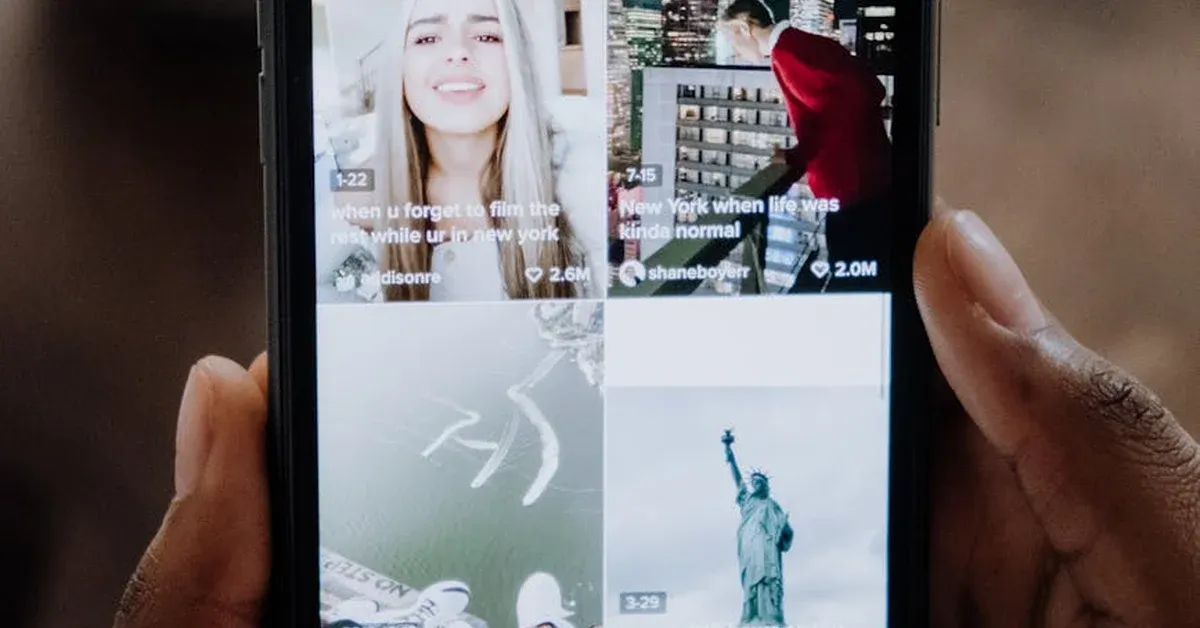
Ever notice your attention span feels shorter lately? You’re not imagining it. Platforms like TikTok, YouTube Shorts, and Instagram Reels aren’t just entertainment anymore. They’re rewiring how your brain works, and the science behind it is pretty alarming.
Research shows that short video addiction isn’t just a bad habit. It’s actually changing your brain structure, making you less focused, more distracted, and worse at making decisions. This isn’t fear-mongering about technology. It’s what neuroscientists are discovering about how these apps affect our minds.
How the Dopamine Loop Traps Your Attention
You know the feeling. You open TikTok for “just five minutes” and suddenly an hour is gone. This happens because each video gives your brain a small hit of dopamine, the same chemical involved in other addictions.
Your brain starts expecting this constant stream of quick rewards. When you try to focus on something slower-paced, like reading or working, it feels boring by comparison. Your brain has been trained to crave rapid-fire stimulation.
Young adults spend about 95 minutes daily on TikTok alone. That’s more time than they spend on any other social platform. During this time, their brains are getting conditioned to expect instant gratification and constant novelty.
The result? You start forgetting what you just watched. You feel mentally foggy. Simple tasks that require sustained attention become much harder. Your brain has been optimized for consuming content quickly, not for deep thinking.
What Happens Inside Your Brain
Brain scans reveal something concerning about people with short video addiction symptoms. Their precuneus shows less activity when thinking about future rewards. This brain region handles self-reflection, memory, and processing sensory information.
When this area becomes less active, you become more impulsive. You focus more on immediate pleasure rather than long-term benefits. Planning for the future gets harder.
There’s another problem. A NeuroImage study found that people addicted to short videos have slower “drift rates.” This means their brains take longer to process information and make decisions.
Think of it like trying to solve a puzzle while someone keeps showing you new, unrelated pieces. Your brain can’t efficiently sort through options anymore. Even simple daily decisions become more difficult and take more mental energy.
The Real-World Impact
This brain rewiring affects your entire life. Studies link heavy short-form video consumption to increased ADHD and anxiety symptoms. When your brain expects constant stimulation, normal life feels understimulating.
Boredom becomes unbearable. Frustration hits faster. Complex tasks that require patience feel overwhelming. Your emotional regulation suffers because you’re used to getting immediate relief through scrolling.
The platforms are designed this way on purpose. Their algorithms and endless feeds work against your natural ability to focus. Every feature encourages you to keep watching, keep scrolling, keep consuming.
But you can fight back. Start by recognizing these patterns in yourself. Schedule time for deep work without your phone nearby. Research shows that even a simple digital detox can significantly improve your mental clarity and focus.
Scientists studying brain waves found that people addicted to mobile videos show clear attention deficits when trying to concentrate. This isn’t just feeling distracted. It’s measurable brain dysfunction.
You don’t need to delete these apps entirely. But understanding how they affect your brain helps you use them more intentionally. The goal is to stay in control of your attention rather than letting algorithms control it for you. Your future self will thank you for the effort.